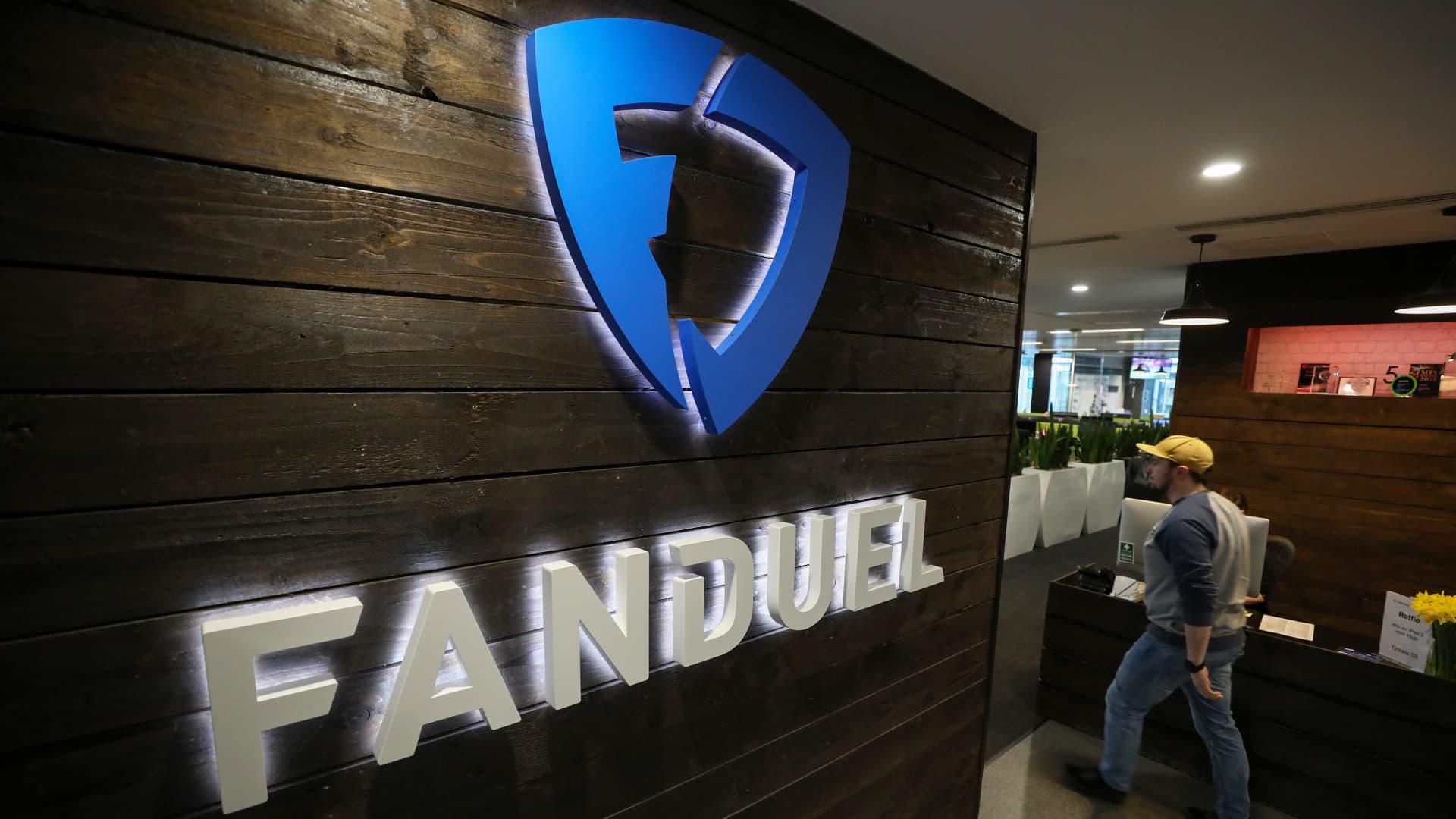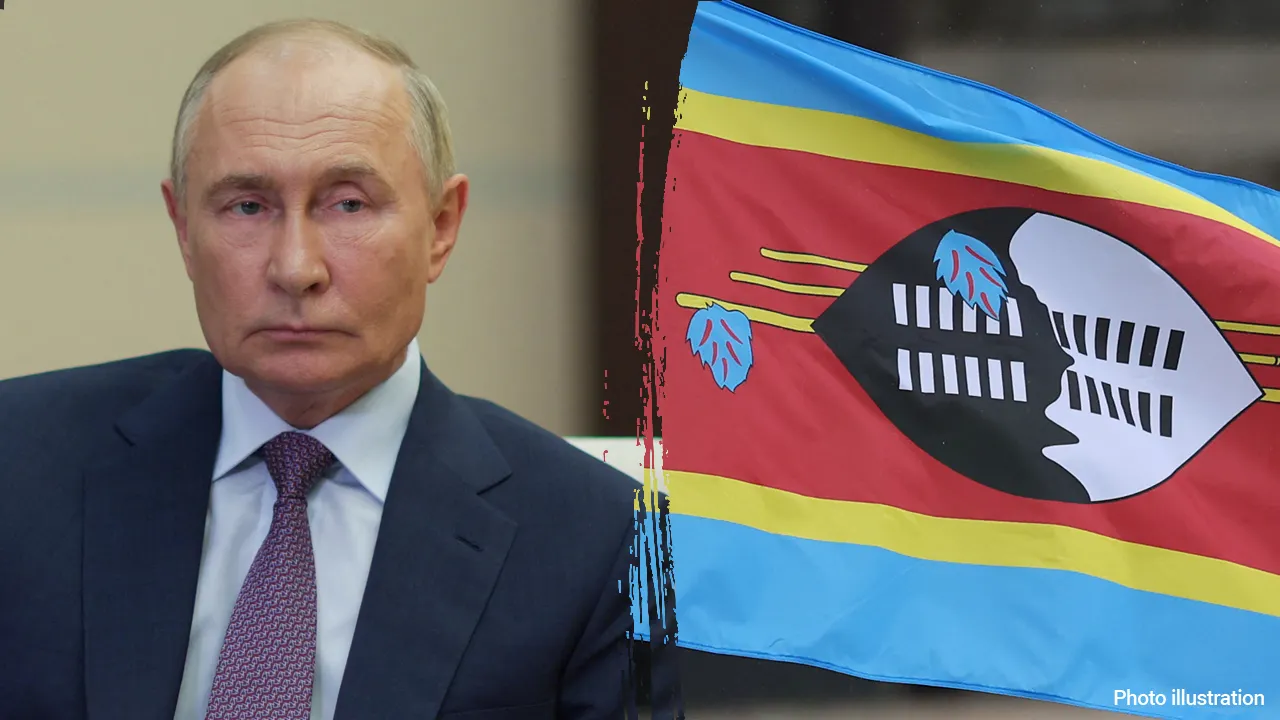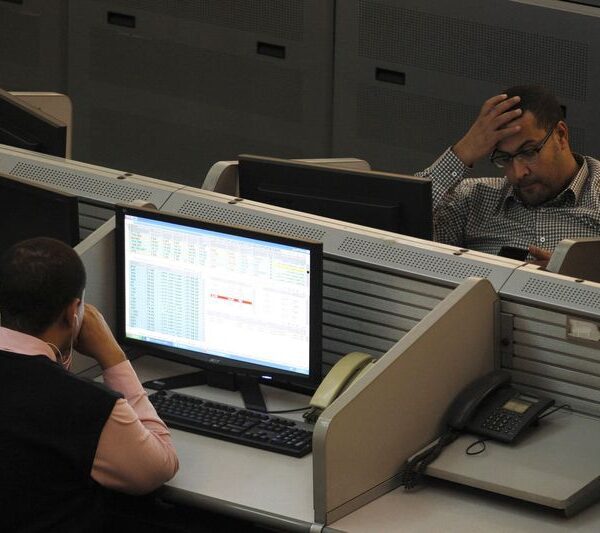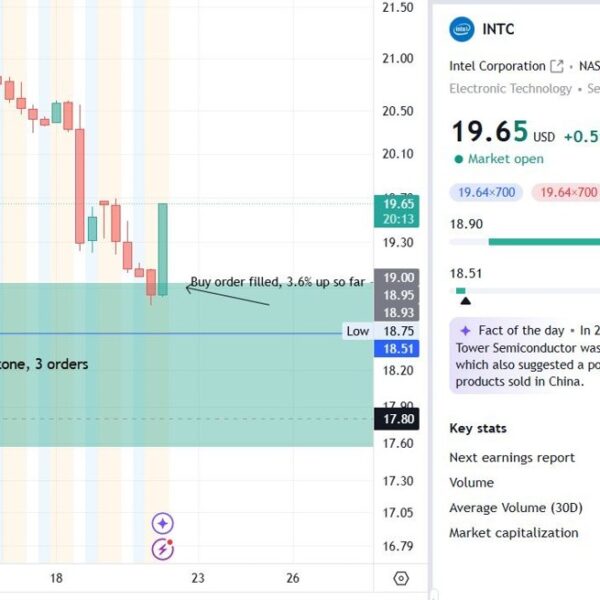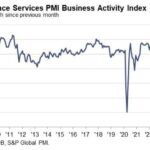Flutter reported phenomenal second-quarter earnings this week, wowing investors and sending shares up about 8% Wednesday as the company’s FanDuel betting platform captures market share and grows revenue dramatically, even in well established states with sports betting and online gaming.
But it was the declaration that FanDuel will not add a surcharge to offset an Illinois tax hike that grabbed attention. Earlier this month, rival DraftKings said it would introduce a surcharge on consumers in states where taxes on sports betting are highest.
Shares of DraftKings initially fell 5% in extended trading after FanDuel’s release, and the company soon after reversed course on taxing customers. DraftKings stock was last up more than 2%.
“We always listen to our customers and after hearing their feedback we have decided not to move forward with the gaming tax surcharge. We are always committed to delivering the best value in the industry to our loyal customers,” DraftKings said in a statement.
The nominal tax would have applied to customer winnings in states with multiple operators that have a tax rate over 20%, including Illinois, New York, Pennsylvania and Vermont. Illinois approved a 40% tax rate on gambling companies with the largest adjusted gross revenue. New York and New Hampshire each maintain 51% tax rates on sports betting companies.
DraftKings was the first operator to announce such a fee on users, but CEO Jason Robins predicted that other sportsbooks would follow.
Neither Penn Entertainment nor Rush Street Interactive, both of which operate sportsbooks in Illinois, followed suit on the surcharge.
FanDuel said Tuesday it would likewise skip the surcharge, instead offsetting the impact of high state taxes with more locally tailored marketing and promotions. The company anticipates a $40 million net impact in the second half of 2024.
Peter Jackson, CEO of FanDuel parent Flutter, said the Illinois tax hike could actually prove a competitive advantage.
“Smaller players may also have to increase their prices, which leads to us capturing more share, which provides an offset for us,” he said on the company’s earnings call.
Gaming analysts praised DraftKings’ decision to yank its plans for a surcharge.
“We view the decision to remove the surcharge as a positive for the story, as users were disappointed with the company’s initial decision,” wrote Piper Sandler analyst Matt Farrell in a note.
Truist analyst Barry Jonas said, “The reversal should remove some uncertainty around execution risks (including market share and/or reputational impact), but also raises the question of how DKNG can offset the impact and/or if guidance needs to be tweaked.”
FanDuel maintains a 47% U.S. market share of sports betting based on gross gaming revenue. It’s also captured and is defending a lead in iGaming, or online casino games, with 25% share based on gross gaming revenue.
The competition is tighter and fiercer in iGaming because the profits and future growth far overshadow sports betting.
For the first five months of 2024, operators reported $677 million in iGaming revenue from only seven states where it’s legal, according to the American Gaming Association. For comparison, sports betting revenue totaled $1 billion in the same period across 38 states and Washington, D.C.
And a new report from games maker Light & Wonder and Vixio estimates annual gross gaming revenue of $48 billion if every state that currently allows land-based casinos or sports betting permitted iGaming.
The gambling industry seems to be shrugging off recession concerns, even as many other consumer-reliant companies report a pullback in spending.
According to a CNBC/Generation Lab poll, 9% of people aged 18 to 34 say they are spending at least $100 a month on online gambling. Three percent of people are spending more than $300 a month on online gaming.
The sports betting exchange-traded fund, BETZ, is up 3.5% Wednesday for its third straight daily gain and best day since January.
DraftKings stock is down about 9% year to date, while Flutter shares are up nearly 15%.

